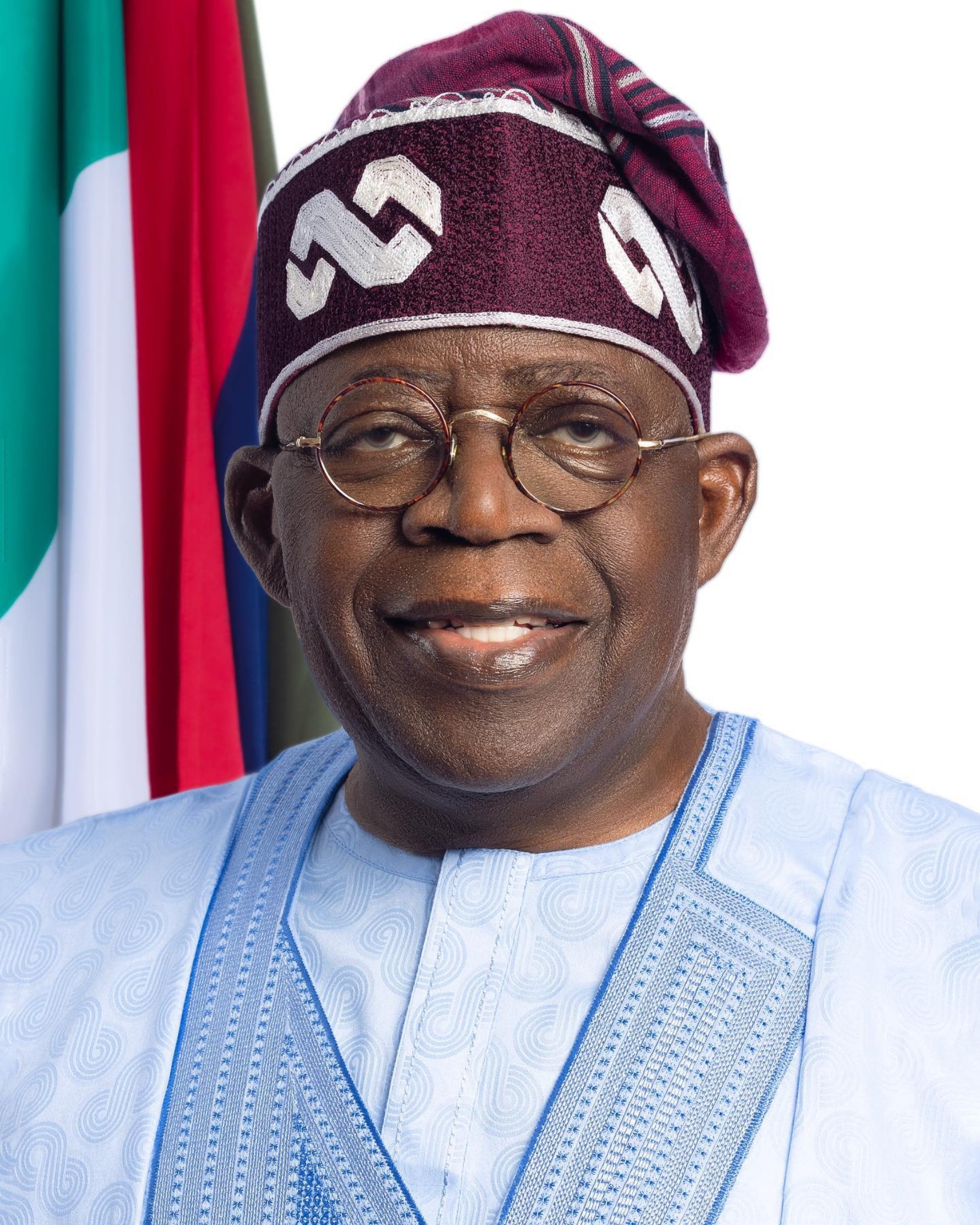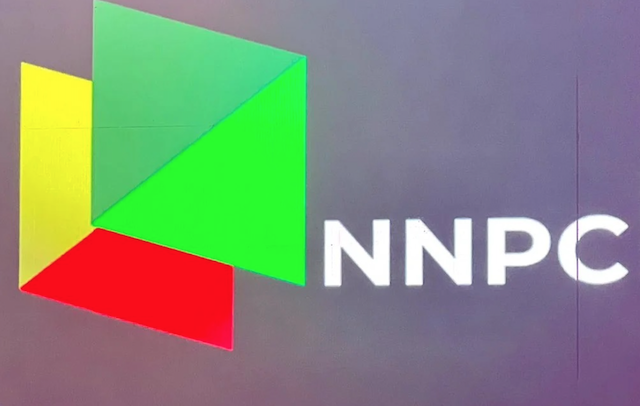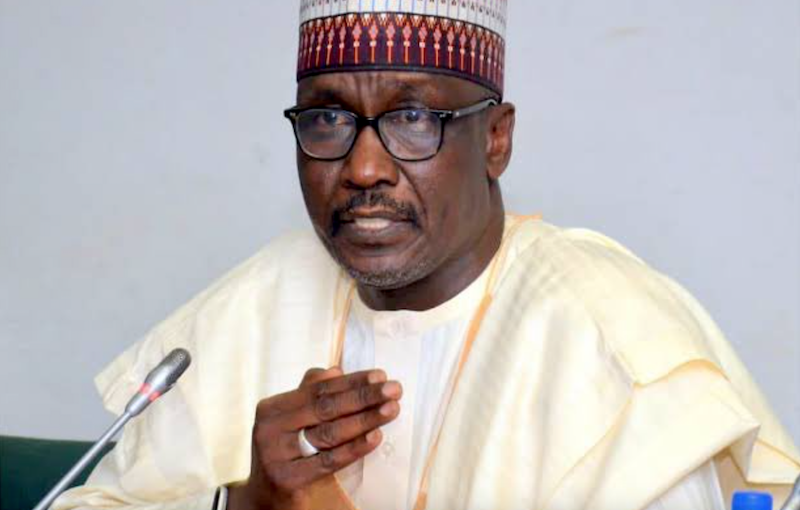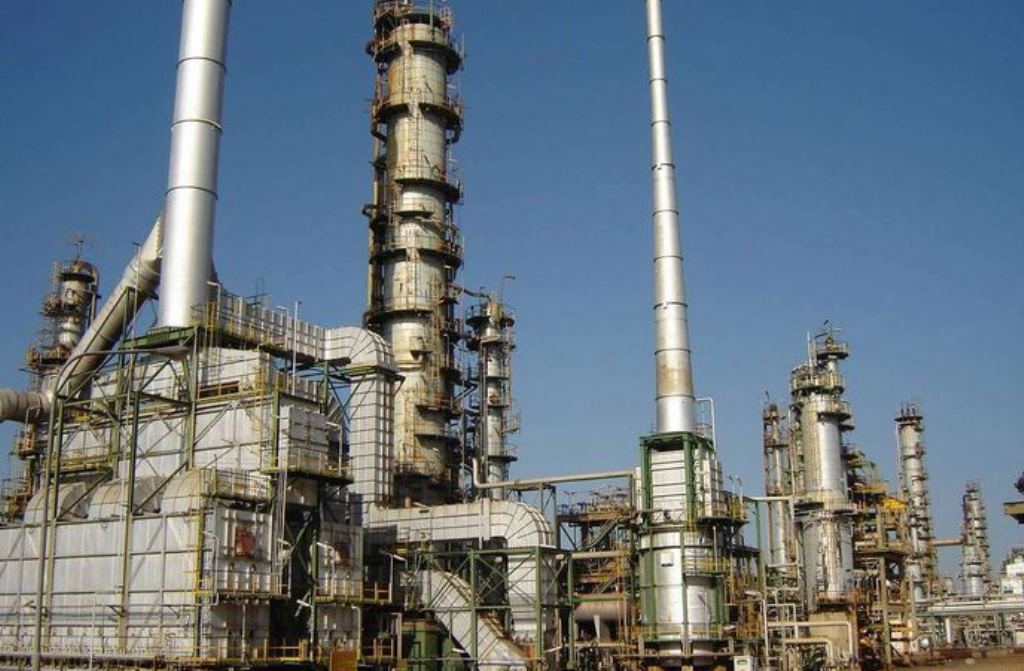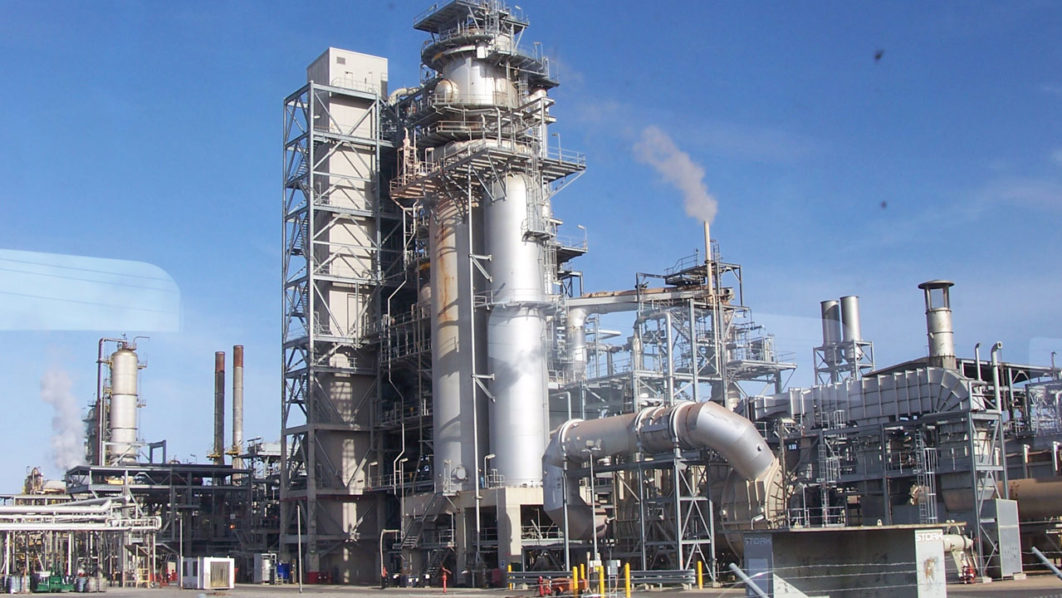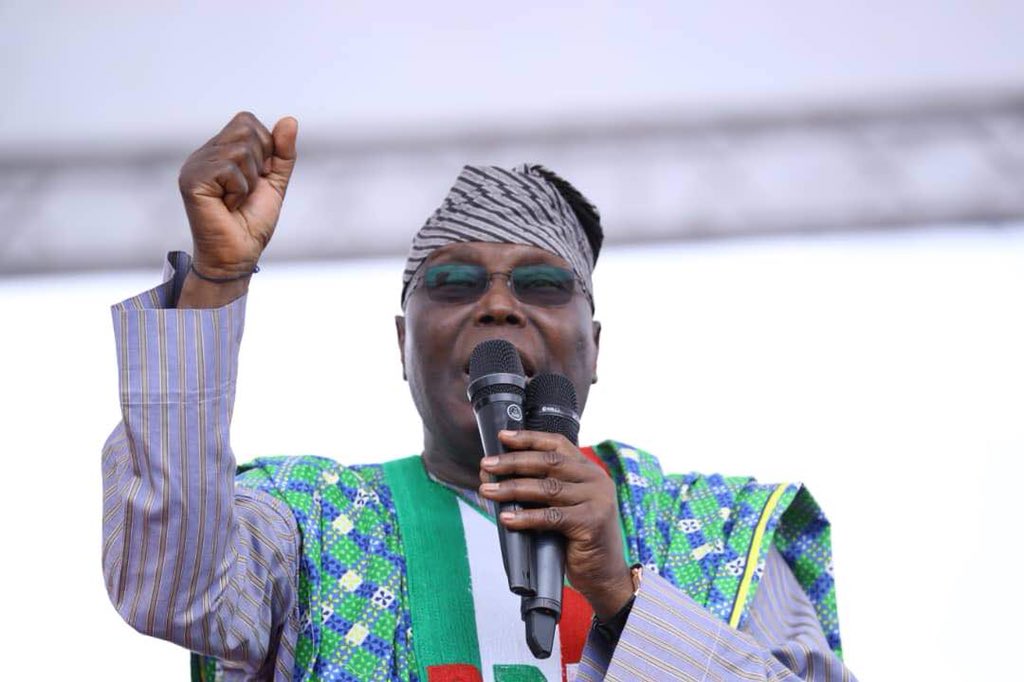Despite bickering between the Dangote Petrochemical Industry and the Nigerian National Petroleum Corporation Limited (NNPCL), a group of Nigerians in Diaspora has entertained fears that the leading regulatory agency might be secretly encouraging Dangote Refinery to be monopolistic in oil distribution in the country.
Dr. Donald Illiya, Global President of Nigerians in Diaspora Movement
(NDM), in a statement signed Monday morning from London, United Kingdom, said the public faceoffs between the NNPCL and Dangote refinery is confusing, and might be to distract Nigerians, while the regulatory body encourages Dangote to be the sole oil distributor in Nigeria, by suppressing the state owned local refineries and hold them continually in comatose.
“The Nigerians in Diaspora Movement have watched with perplexity the choreographed performance between the Nigerian National Petroleum Company Limited (NNPCL) and Dangote Petrochemicals Refinery, which is meant to keep exploiting Nigerians by making them pay more than reasonable pump prices for refined petroleum products.
“For us, taking in the state of the nation’s economy and the ongoing cost of living crisis, we are of the view that Nigeria’s fate is tied to the state of government-owned refineries, which must be made functional to cause a consequential drop in the prices of fuel and a positive knock-off effect on the cost of living.
“From our review of the murky situations around the refining, importation, supply and pricing of petroleum products, we are constrained to conclude that NNPCL and its officials are aiding Dangote Refinery to emerge as a monopoly by failing to revive domestic refineries while obscuring this fact by being publicly hostile to each other”, the statement said.
The group, while asserting high level of corruption in the energy sector, said, despite spending over N17 trillion to rehabilitate the Port Harcourt, Warri and Kaduna refineries from 2002 to 2022, and still spending more, even under the present regime of President Bola Ahmed Tinubu, the local refineries have remained comatose.
“We are concerned that the unfolding drama is part of a larger plot to conceal the fact that NNPCL has kept its track record as a cesspit of corruption, which is most prominent in the phantom turnaround maintenance of the government-owned refineries. From when NNPCL Group CEO, Mele Kyari assumed office in July 2019, the administration of President Muhammadu Buhari approved $1.5 billion for the rehabilitation of the Kaduna, Port Harcourt, and Warri refineries. Another N54.66 billion was spent on refinery rehabilitation from January to June 2022.
“More funds have disappeared into the private coffers of those managing NNPCL such that additional monies have been spent even under the current government, bringing the total expenditure on refinery repairs to approximately N17 trillion on turnaround maintenance of the nation’s three refineries between 2002 and 2022.
“The only output Nigerians have had from this huge expenditure are the ever-changing delivery dates for the refineries to resume operation. In November 2023 a December 2023 target date was announced for Port Harcourt Refinery, and by December of that year, March 2024 was announced as a new date only for this to be altered at least three other times.
“The completion of repairs on Kaduna Refinery was set for the first quarter of 2024, but the refinery has only produced stories on why it is being delayed. Warri Refinery has not fared any better, as a similar first quarter of 2024 target date for commencement of operations, as announced by Mele Kyari, turned out to be folklore”, the group added.
They are of the opinion that, “It is consequently plausible that the failure to make these refineries functional is beyond incompetence and the theft of the funds meant for repairing them. It is now glaring that the refineries are being kept moribund to create a favourable condition for the emergence of a monopoly. This is a tragic turn of events at a time when jurisdictions worldwide are taking bold steps to prevent predatory and monopolistic tendencies to protect citizens and businesses”.
Nigerians in Diaspora Movement, therefore, urged “President Bola Tinubu to take decisive steps to purge the rot in NNPCL so that domestic refineries can resume production and ward off the dangers of succumbing to a monopoly, which also presents a single point of failure for the nation’s fuel supply”.
